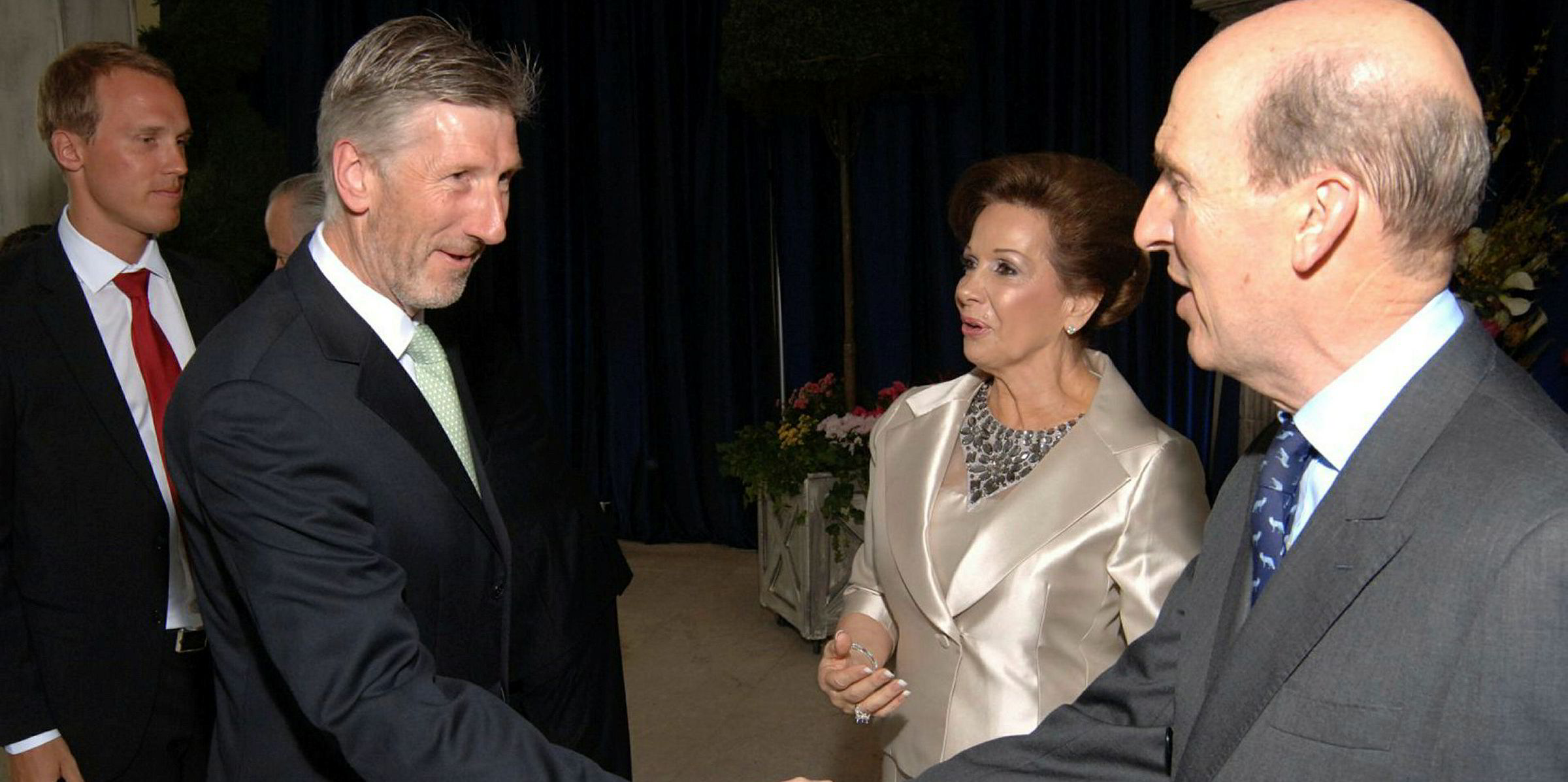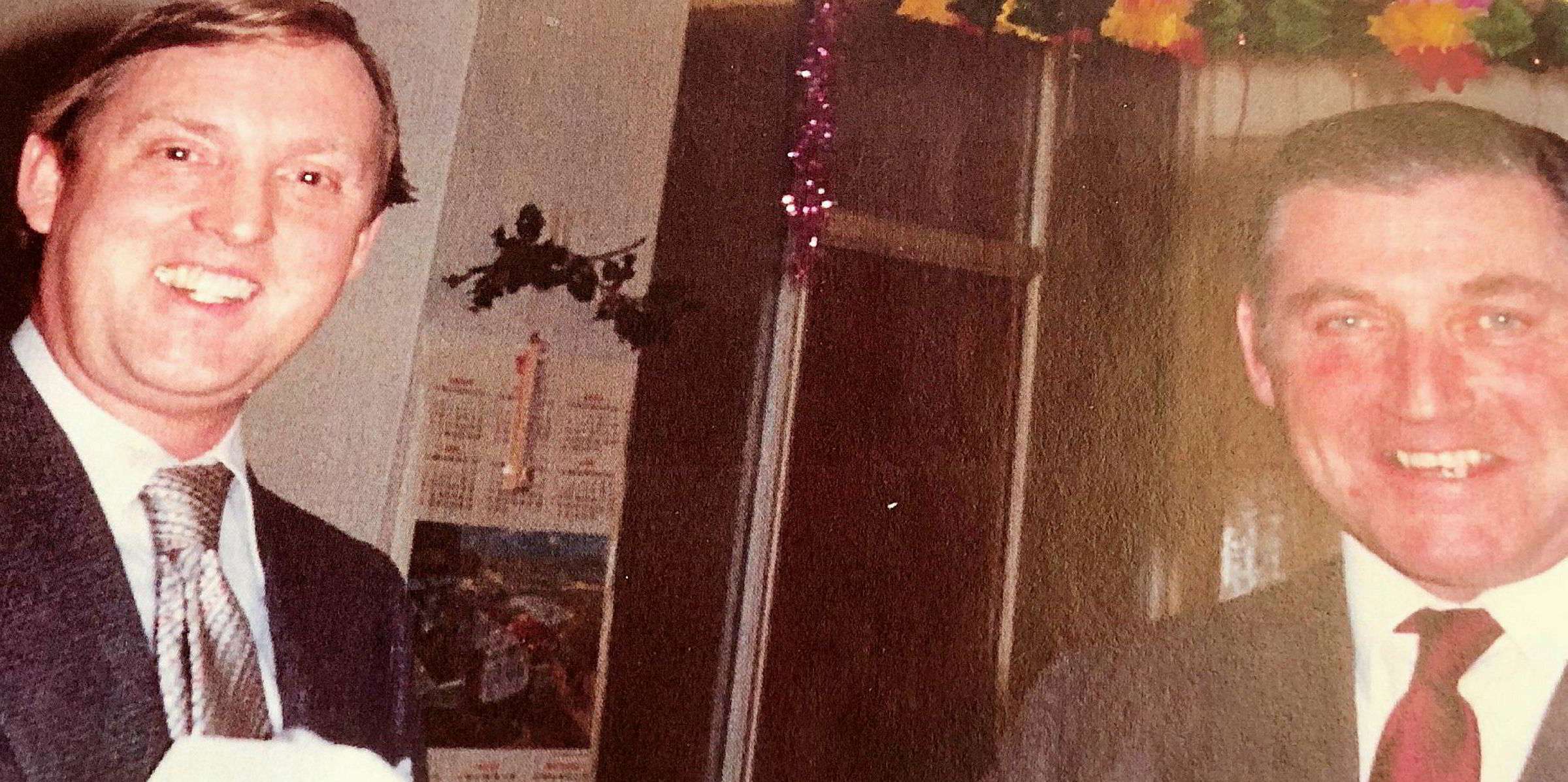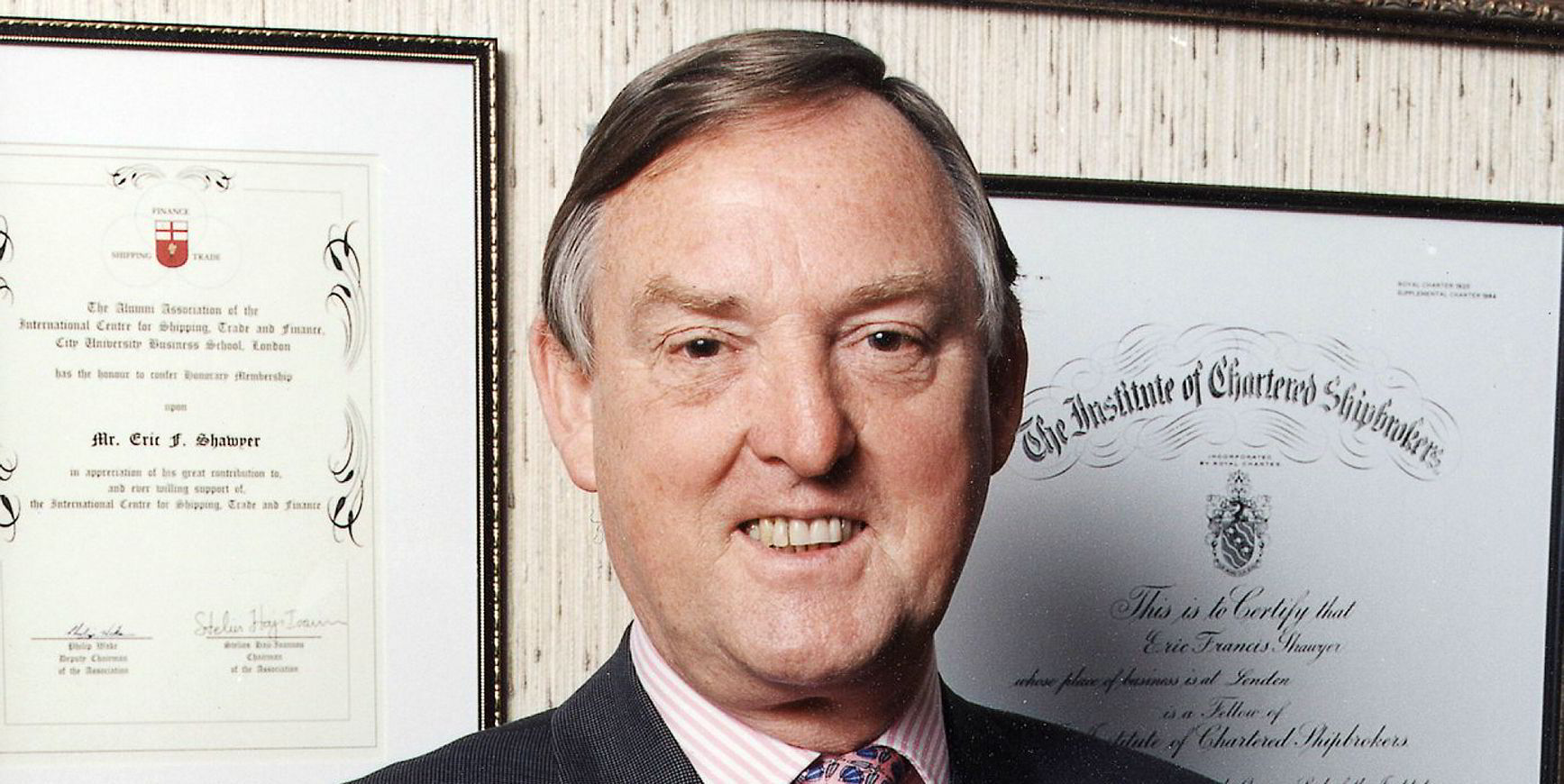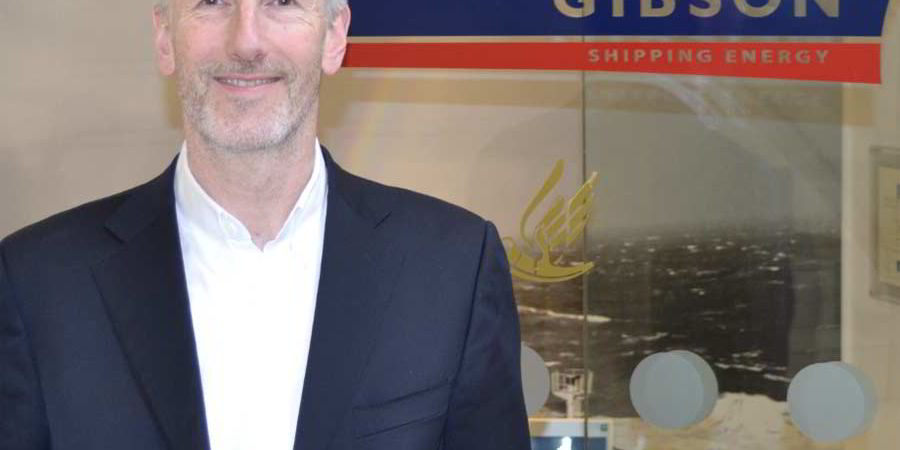Victorian businessman Charles Samuel Hunting received a 21st birthday present to remember — two sailing ships — in 1870. Those vessels from his father, Charles Hunting Senior, clearly whetted his appetite and by 1893 Hunting Junior was preparing to take delivery of one of the world’s first oil tankers, the 5,000-dwt Duffield.
It was at this stage that Hunting joined forces with Edward Aisbett Gibson to form brokerage EA Gibson & Company.
Fast forward 125 years, and the birthday celebrations for what has become Gibson Shipbrokers were more modest.
Modest celebration
A subtle logo change on the company’s website, some branding at the brokerage’s Posidonia reception, and a joint anniversary and 10th birthday party for its Singapore office.
Gibson managing director Nigel Richardson says a long-overdue event in London to mark the milestone will likely come next summer.

The restraint is understandable given 2018 has proven to be, in Richardson’s words, “probably the most difficult in the calendar of problem years”. “I don’t think there is any secret there,” Richardson says. “Ask any owner who has had to refinance his fleet on sale and leaseback. We are not immune to that.”
Over lunch in central London, Richardson tells TradeWinds he prefers to look forward rather than back, but the proud heritage established over the past 125 years should be celebrated. “What we have today as a company is very much a reflection of how it has built up over the generations,” he says, noting the strong links to Hunting, from which Gibson separated after a 2015 move into employee ownership.
“The mantra was always with whatever we do to be one of the best companies doing it — if not the biggest, certainly one of the foremost in whatever sector we happen to be engaged in.”
The mantra was always with whatever we do to be one of the best companies doing it — if not the biggest, certainly one of the foremost in whatever sector we happen to be engaged in
'Boy who became king"
In his anniversary message to staff, Richardson singled out the story of Bill Green, “the boy who became king of the lucrative creosote market”, as a key figure in the company’s history.
Green started work in Gibson's office aged 13. By the age of 24, he was managing director and became a key figure in rebuilding the company after the Hunting fleet had suffered heavy losses in World War I. Green is today remembered not just for his youthful success, but also for putting his first $1m deal in the book on the eve of The Great Depression.
“Amazing guy. I never met him, but he was probably the founding spirit of the company, which was very much picked up by Eric Shawyer,” Richardson says.

“We have always had a policy of encouraging talent. We have in the past promoted people with talent as quickly as we possibly can.”
One present-day example is research head Richard Matthews, Richardson notes. “Richard is managing his section, he is a trustee of the company and is not yet 30. That is an example that you do not have to be a conventional graduate, the company tries hard to run a meritocracy.”
Riding oil boom
Gibson rode the oil boom, which Green predicted, in the 1930s, but suffered again during World War II, when only a skeleton office remained in London. Richard Haig Hunting took charge of the post-war recovery, before handing over to Shawyer in 1969, a year which saw the merger with dry cargo broker Fergusson Wild.
Richardson describes Shawyer as a formidable broker, who had close links to Shell and that helped influence the direction taken by Gibson during his time as chairman and chief executive. “He was very dynamic and expanded his company in his own style,” Richardson says. “He was very authoritarian, led from the front. Eric was an inspirational leader for many decades and the architect for the current nature of the setup. He left a great legacy for the company going forward.”

Richardson’s own story with Gibson began in 1982, when he arrived as a product tanker broker with the ambition to run the team. He initially turned down the offer to become a director but accepted when the official documents arrived in the post.
Aggressive expansion
Richardson admits some rivals made more of the bull market before the financial crisis to expand more aggressively and his own time as managing director has involved some hard work to help modernise the company.
“We have had to deal with quite a lot in that period, but we have come through it in remarkably good shape and where we are now is probably the best we have been in 10 to 15 years in terms of young, fresh, dynamic approach on a global basis,” Richardson says. “We have a number of good overseas offices, we now have Houston, we have Singapore and Hong Kong, and they are doing well.”
Richardson titled his memo to staff "The First 125 Years" and some potentially key developments are expected to emerge in the new year.
While Richardson is giving nothing away for now, Gibson will not be following historic names such as Davies and Newman, Cambridge Tankers, Ploughrights or Harris and Dixon in being taken over by a larger rival.
“We did not buy ourselves out of Hunting to go into a partnership with somebody else,” he says.
“While the history is important and I’m proud of where we are as a company, I’m more focused on going forward than looking back.”





